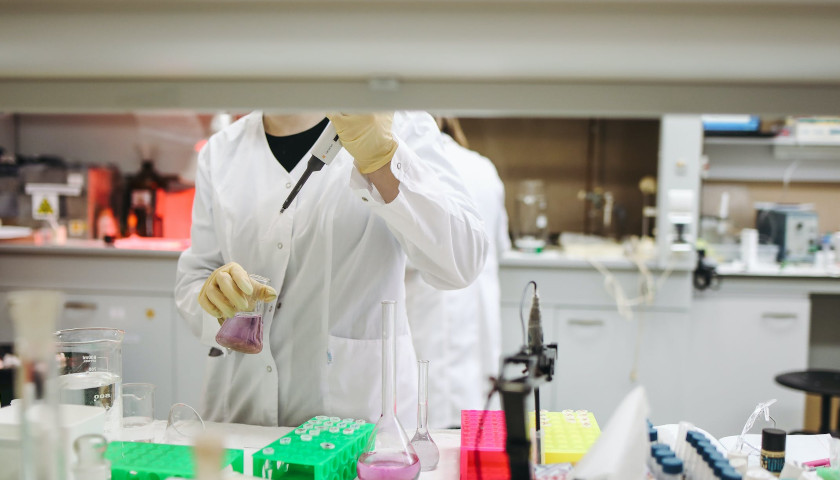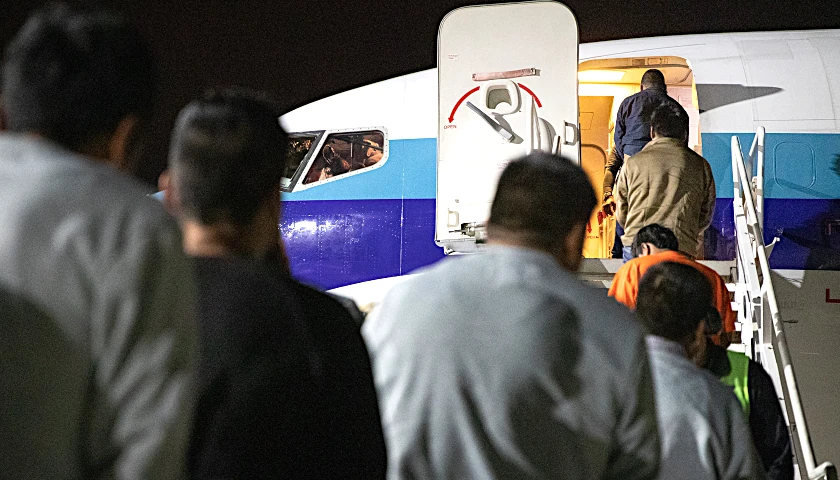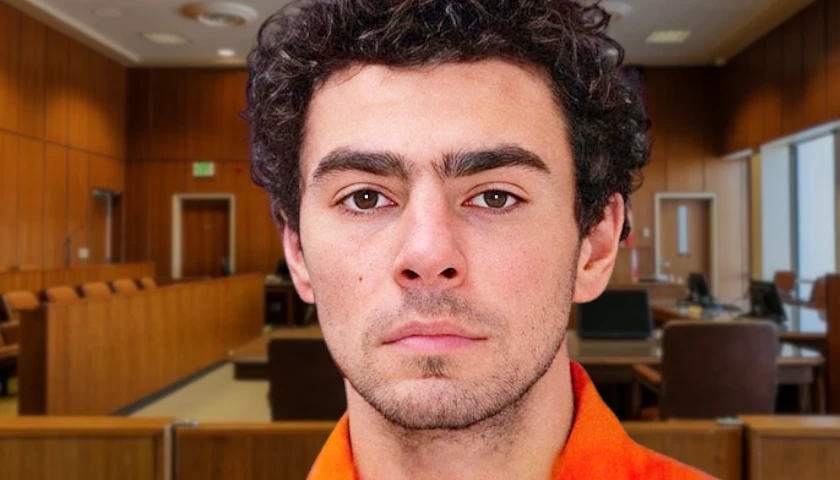by Andrew Trunsky
Recent studies indicate that the Pfizer and Moderna coronavirus vaccines may have reduced protection against the South African coronavirus strain, according to reports in the New England Journal of Medicine, raising concerns that they could be less effective against future mutations.
Though both vaccines appeared to generate enough antibodies to neutralize the mutant strain, they both produced fewer antibodies when compared to the original virus. But experts warned that it was unclear just how much protection was needed to neutralize the variant, which scientists believe is more contagious than the original strain.
 The Pfizer and Moderna studies used genetically engineered types of the virus against blood samples from people who had already received a vaccination. While the Pfizer study showed that its vaccine generated about one-third of the antibodies compared to the original strain, the Moderna study showed a sixfold drop for its vaccine.
The Pfizer and Moderna studies used genetically engineered types of the virus against blood samples from people who had already received a vaccination. While the Pfizer study showed that its vaccine generated about one-third of the antibodies compared to the original strain, the Moderna study showed a sixfold drop for its vaccine.
“These are in vitro studies and we don’t know if there is a threshold for neutralization that defines protection. In fact, we don’t even know that there is a quantitative correlation between antibodies levels and protection, said Eric Rubin, the journal’s editor-in-chief, in a podcast. “It is very concerning that we don’t know the clinical significance of these findings.
Pfizer said in a statement on Wednesday that it was “taking the necessary steps … to develop and seek authorization” for a modified vaccine booster that could more effectively neutralize the variant.
The South African strain was first discovered in December and arrived in the United States in late January.
– – –
Andrew Trunsky is a reporter at Daily Caller News Foundation.








